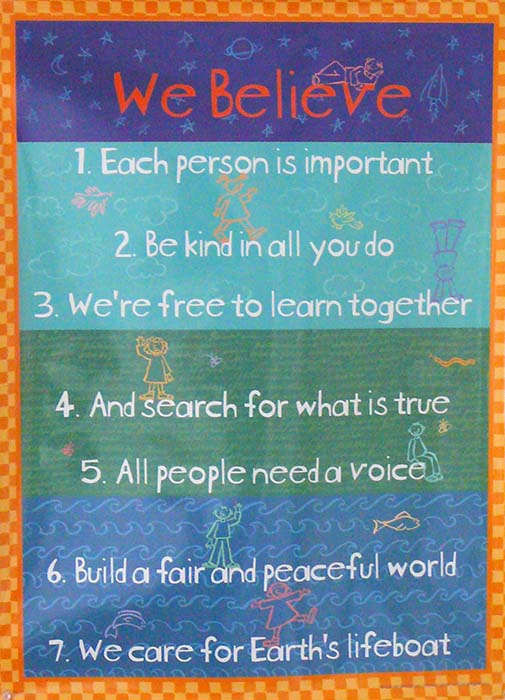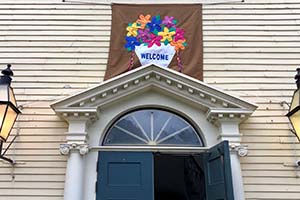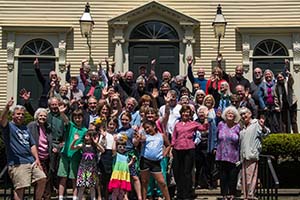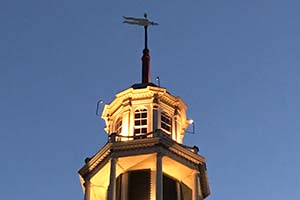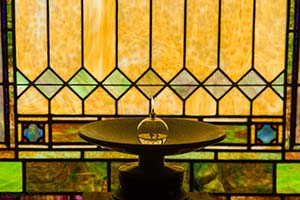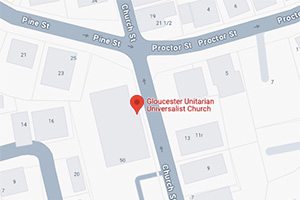UU Beliefs
Our Beliefs
In Unitarian Universalism, you can bring your whole self: your full identity, your questioning mind, your expansive heart.
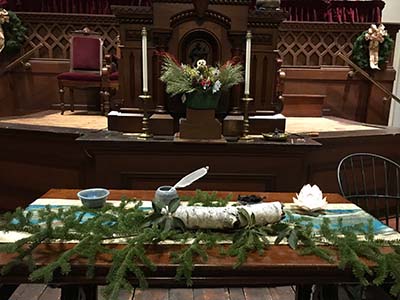
Learn more about Unitarian Universalists from a variety of beliefs and backgrounds: Atheist/Agnostic, Buddhist, Christian, Hindu, Humanist, Jewish, Muslim, Pagan, and more.
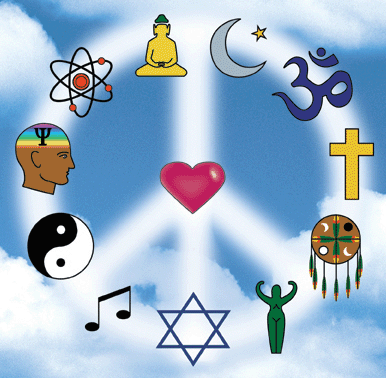
Unitarian Universalists believe more than one thing. We think for ourselves, and reflect together, about important questions:
- The existence of a Higher Power
- Life and Death
- Sacred Texts
- Inspiration and Guidance
- Prayer and Spiritual Practices
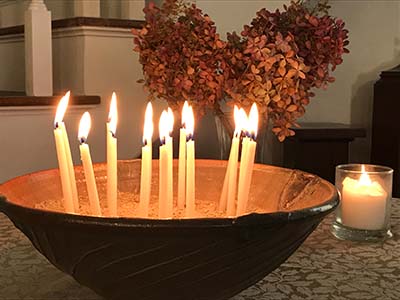
The Seven Principles of Unitarian Universalism
As Rev. Barbara Wells ten Hove explains, “The Principles are not dogma or doctrine, but rather a guide for those of us who choose to join and participate in Unitarian Universalist religious communities.”
They are:
- The inherent worth and dignity of every person
- Justice, equity and compassion in human relations
- Acceptance of one another and encouragement to spiritual growth in our congregations
- A free and responsible search for truth and meaning
- The right of conscience and the use of the democratic process within our congregations and in society at large
- The goal of world community with peace, liberty, and justice for all
- Respect for the interdependent web of all existence of which we are a part
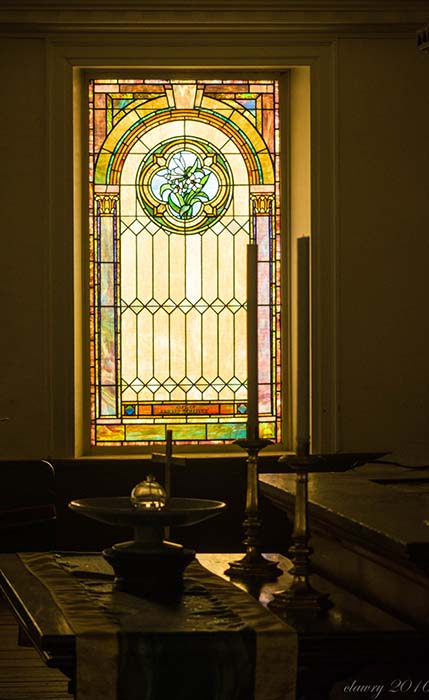
- Direct experience of that transcending mystery and wonder, affirmed in all cultures, which moves us to a renewal of the spirit and an openness to the forces which create and uphold life
- Words and deeds of prophetic women and men which challenge us to confront powers and structures of evil with justice, compassion, and the transforming power of love
- Wisdom from the world’s religions which inspires us in our ethical and spiritual life
- Jewish and Christian teachings which call us to respond to God’s love by loving our neighbors as ourselves
- Humanist teachings which counsel us to heed the guidance of reason and the results of science, and warn us against idolatries of the mind and spirit
- Spiritual teachings of earth-centered traditions which celebrate the sacred circle of life and instruct us to live in harmony with the rhythms of nature.
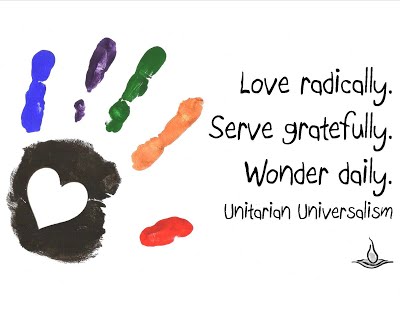
Our Symbol: The Flaming Chalice
Hans Deutsch, an Austrian artist, first brought together the chalice and the flame as a Unitarian symbol during his work with the Unitarian Service Committee during World War II. To Deutsch, the image had connotations of sacrifice and love.
We light a flaming chalice in worship to create a reverent space for reflection, prayer, meditation, and singing.
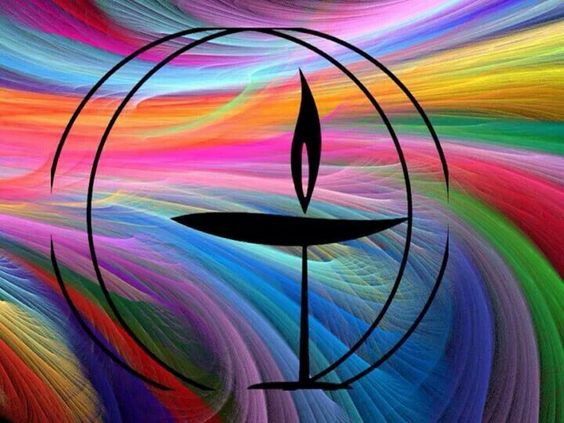
Kids’ Principles
- We believe that each and every person is important.
- We believe that all people should be treated fairly and kindly.
- We believe that we should accept one another and keep on learning together.
- We believe that each person must be free to search for what is true and right in life.
- We believe that all persons should have a vote about the things that concern them.
- We believe in working for a peaceful, fair, and free world.
- We believe in caring for our planet Earth, the home we share with all living things.
